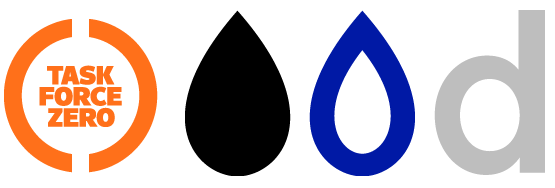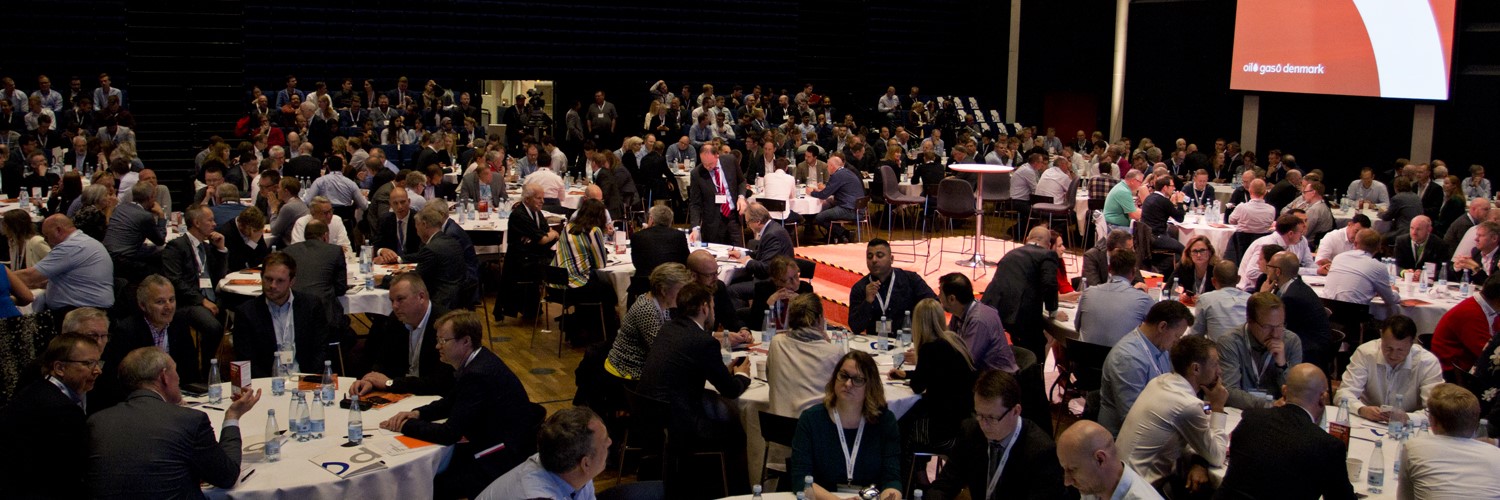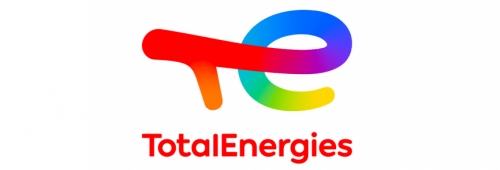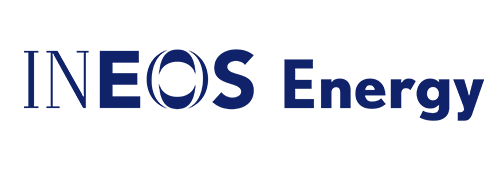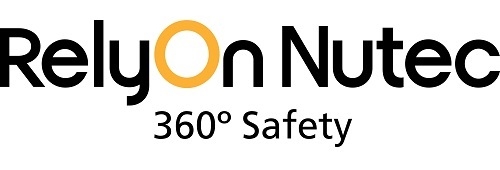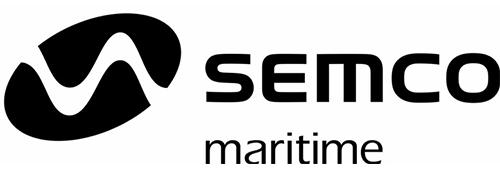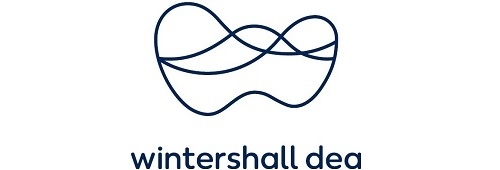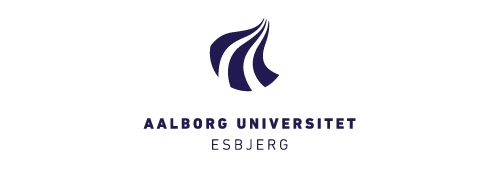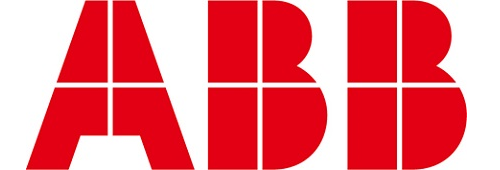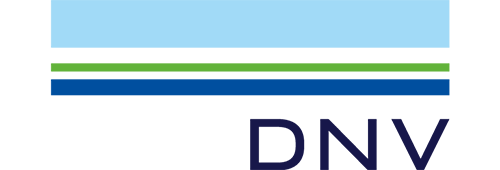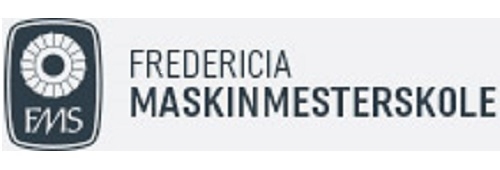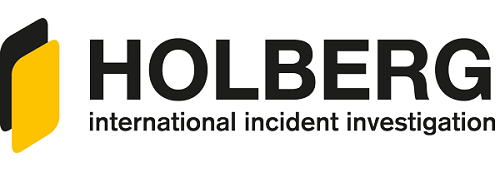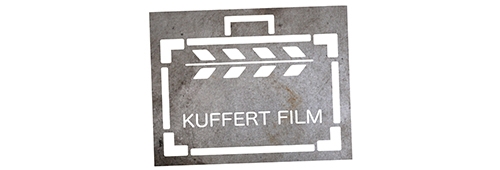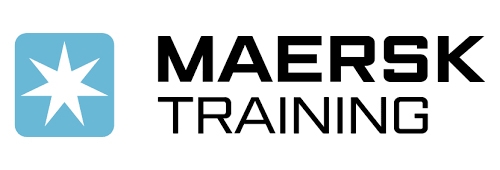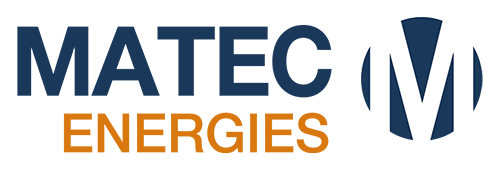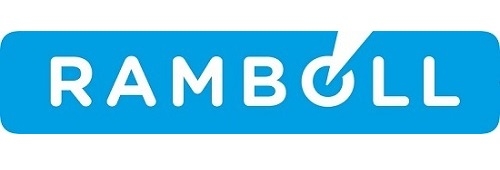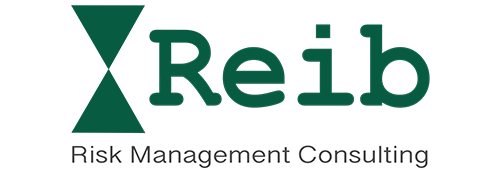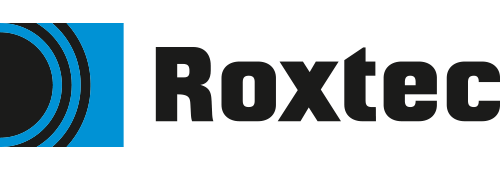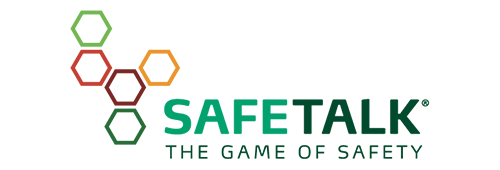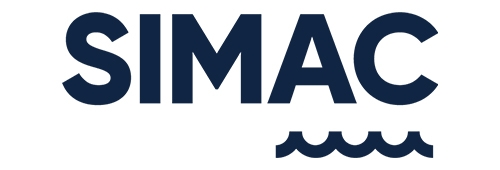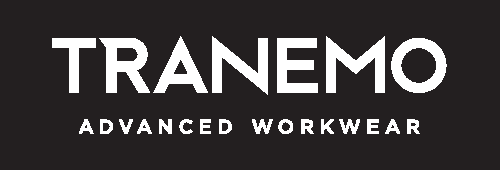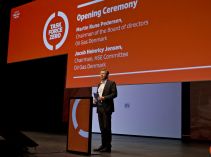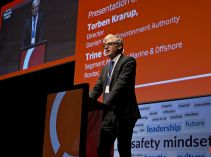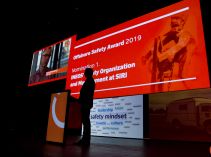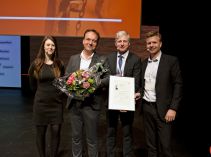September 15 2021
Esbjerg Performing Arts Centre
Havnegade 18, 6700 Esbjerg
Task Force Zero 2021

In the future, when we look back on 2020, we will say that this perhaps was the most challenging time in the offshore industry. On top of the external forces caused by the pandemic the offshore industry was faced with sustained high cost pressure, changing industry focus among contractors, ageing assets, and appropriately higher expectations from our stakeholders for a green energy transition.
Sustaining our commitment to safety and operational excellence is fundamental to the future of industry offshore. A major incident though could potentially threaten our social license to operate due to the potential loss of life and possible environmental impact.
At this year’s conference, we will focus on major accident prevention and safety management. Our excellent line-up of national and international speakers and panellists will guide us through an engaging day. If collectively we are the ones safeguarding the industries offshore, then let us come together again at TFZ 2021 for these essential and urgent conversations.

Live streaming

Programme
Allan J McDonald
The cancelled 2020 TFZ conference had as the head liner and key note speaker Allan J McDonald. Allan was confirmed to visit the 2021 conference to share his personal story about the O-ring.
Allan died March 6, 2021. Allan James McDonald was an American engineer, aerospace consultant, author and the director of the Space Shuttle Solid Rocket Motor Project for Morton-Thiokol, a NASA subcontractor. In January 1986, he refused to sign off on a launch of the Space Shuttle Challenger which then broke apart 73 secounds into flight; all seven astronauts on board were killed. Deeply affected by the loss of the Challenger astronauts, McDonald endeavored to reveal the truth about the pressures to stay on launch schedule that led to the tragedy. He co-authored the 2009 book Truth, Lies, and O-Rings: Inside the Space Shuttle Challenger Disaster.
Promising to ensure that lessons were learned, to in some way honour the 72 lives lost and the enormous suffering of her community, Gill shares how she brought the thinking of major accident prevention from her consulting life and applied it to Grenfell.
She shares her personal experience going from despair to hope and shares key reflections on the myths that inhibit systemic change and opportunities to positively disrupt the status quo.
|
By introducing measures inspired by the oil & gas sector, the metro company has succeeded in a substantial reduction of the accident frequency rate on the metro projects. |
|
With these experiences as the basis for their new safety culture, the transformation has included safety courses for all levels of the organisation and other initiatives that commit management and contractors to develop a safety culture where everyone can go home safely every day. The changed focus on safety has had a tangible influence on safety performance on the metro projects. The construction of the new metro line to Sydhavnen has a remarkably lower accident frequency rate than the previous project - the Cityring - had at the same stage. |
The Deepwater Horizon Drilling Rig had gone an extraordinary seven years without a single serios accident. The rig, owned by the Switzerland-based Transocean Ltd., and its veteran crew were some of the best in the business. Just months earlier, BP and the Deepwater team had broken the record for deepest well ever completed. Yet, the tragic events unfolded.
Based on a review of the management lessons learned from these events, this talk will discuss some of the essential elements to getting to zero and how to create the context where the individuals and teams are sufficiently aware, engaged and enabled to make the right decision at the right time for the given circumstance.
Have you ever wondered why workers didn't speak up or failed to communicate in order to stop an unsafe act?
Historically, many accidents have been attributed to the reluctance to challenge hierarchy. We examine these issues more closely by looking at real-life case study of one of the most high-profile accidents in the maritime history – the capsizing of the passenger ship Costa Concordia.
The insights gained from this accident are not limited to any specific company, industry, or sector. There are common problems mirrored across all industries in professionals work together to perform critical operations.


